Decision to turn sideways
Born in 1965 in Hoa Hieu ward, Thai Hoa town, with her quickness and dynamism, Ms. Nguyen Kim Tien soon built for herself a rather large business. That is a chain of stores selling electronics and transportation services, with an annual income of billions of dong.
Being a “famous” businesswoman in Phu Quy, in 2006, Ms. Kim Tien decided to switch to investing in agriculture. She shared: “Doing business in transportation services, I have been able to travel to many places, to many regions in the country and abroad. Farms with fresh fruits, large herds of goats, cows, and pigs make me very excited. Meanwhile, in my hometown, Phu Quy has many advantages for developing a farm economy , which urged me to learn about farming, about animal husbandry and decided to switch to investing in agriculture.”

On an area of 6 hectares, she put all her savings over the years, investing billions of dong to build barns, level the land and divide it into sub-areas: pig farming area, fish farming area, fruit growing area, pig feed growing area (bananas, grass, pineapples)... All are circular and closed.
Starting a business with farm economics was quite late and at a time when the farm economy was facing many difficulties, so she determined that to be successful and develop sustainably, the only way was to do clean agriculture, raise livestock in VietGAP and grow organic crops. She confided: “In the early days of starting a business, I encountered many difficulties, but the courage of someone who has fought a lot in the market like me still felt discouraged. But I understood that to pursue true value, to bring clean agricultural products to the market, for the goal of public health, I had to accept difficulties and accept trade-offs. And, investing in agriculture, if you only rely on capital and land without passion and brains, it will be difficult to succeed.”
Persistently pursue sustainable values
In addition to 2 hectares of fish ponds and fruit trees, the remaining area is used for intensive livestock farming with an initial scale of 100 first-line sows, 100 wild sows, Mong Cai pigs and crossbred sows. Each year, about 4,800 breeding pigs are produced, all of which are converted to meat pigs. The pigs' feed is mainly agricultural by-products harvested from the farm: bananas, pineapples, duckweed, water hyacinth, miscellaneous fish, etc.
“Instead of using industrial feed like conventional farms, our farm focuses on natural farming; instead of 4 months, the farming time is also longer, up to 8 months/batch. In addition, to prevent diseases for pigs, herbal sources such as: Loquat leaves, guava leaves, stinking grass leaves, plantain leaves... are cooked and mixed into the daily feed for pigs, increasing resistance and limiting diseases. Raising animals in this way will certainly not bring high profits, even breaking even in some years,” said Ms. Tien.

Although the profit is not high, there are years when she makes a loss, she still persists in this direction. Luckily, she is proactive in breeding, proactive in food, has good disease prevention methods and especially thanks to building reputation and brand, the farm is always proactive in output, has a stable number of customers from North to South. After nearly 20 years since the beginning of construction, her farm has been granted a certificate of meeting the standards of VAC organic farming in the direction of biosafety.
In addition, her passion for animal husbandry has helped her successfully experiment with crossbreeding, creating a hybrid pig between wild boar and Mong Cai pig. She said: “Purebred Mong Cai pigs have the characteristics of being gluttonous, highly resistant to disease, growing quickly, easy to raise but have a lot of fat, and low economic value. Purebred wild boar has delicious meat quality, outstanding economic value but high price, difficult to reach many consumers. I have successfully crossbred Mong Cai pigs and wild boars, creating a hybrid pig that is easy to raise, adaptable to vegetables, grass and locally available materials. In particular, the price of this type of pig is always stable at 100,000 - 120,000 VND/kg, high economic efficiency, very suitable for small-scale farming households”. Currently, this breed of pig has been supplied by the cooperative to people in the area, bringing clear economic efficiency to farming households.
For the community
Business was increasingly prosperous, in 2017, she decided to switch from production model to cooperative. The shareholders of the cooperative are the workers who have worked on the farm for a long time, in addition to working for wages, cooperative members also receive dividends from their contributed capital.
“Many people ask me why I didn’t establish a company or enterprise but instead established a cooperative when I don’t lack capital? If we compare the advantages between private enterprises and cooperatives, in terms of profit, I personally will benefit more, but the workers who have been with me for the past 10 years will not benefit. Therefore, I want to share with them the profits that they themselves have contributed to,” said Ms. Nguyen Kim Tien, Director of Kim Tien Dai Phat Agricultural Cooperative.

Always struggling to optimize economic efficiency, taking full advantage of the VAC model, she has built a closed farming process: Bananas, guava, pineapple, young green-skinned grapefruit (removed during the pruning process), duckweed, water hyacinth, water fern, and miscellaneous fish are rich food sources for pigs; fertilizer for plants. Pig waste is used to fertilize plants; as food for duckweed; and to make biogas digesters for cooking and heating pigs in winter. It both saves production costs and protects the environment.
To proactively manage output and increase product prices, the farm implements closed production stages from slaughtering to provide fresh meat to processed products such as ham, sausage, and floss to supply the market nationwide. Thanks to that, in addition to creating jobs for 10 regular workers with salaries of 8-10 million VND/month and hundreds of seasonal workers with a working day of 250,000 - 350,000 VND/month, the annual profit is shared according to the capital contribution of each member.
In addition, she is also known for her contributions to social security work: Donating land to open inter-village roads, supporting transportation construction; giving gifts to poor households, supporting pig breeds for 200 poor households to develop livestock farming. Accordingly, from 2020 to now, the amount of money she has contributed to support is over 3 billion VND.
With her achievements and contributions, Ms. Nguyen Kim Tien was twice awarded a Certificate of Merit by the Chairman of Nghe An Provincial People's Committee (in 2017 and 2022); in 2016 and 2023, she was honored to receive a Certificate of Merit from the Minister of Agriculture and Rural Development; and was honored by the Central Committee of the Vietnam Farmers' Union as "Outstanding Vietnamese Farmer" in 2023.
Source




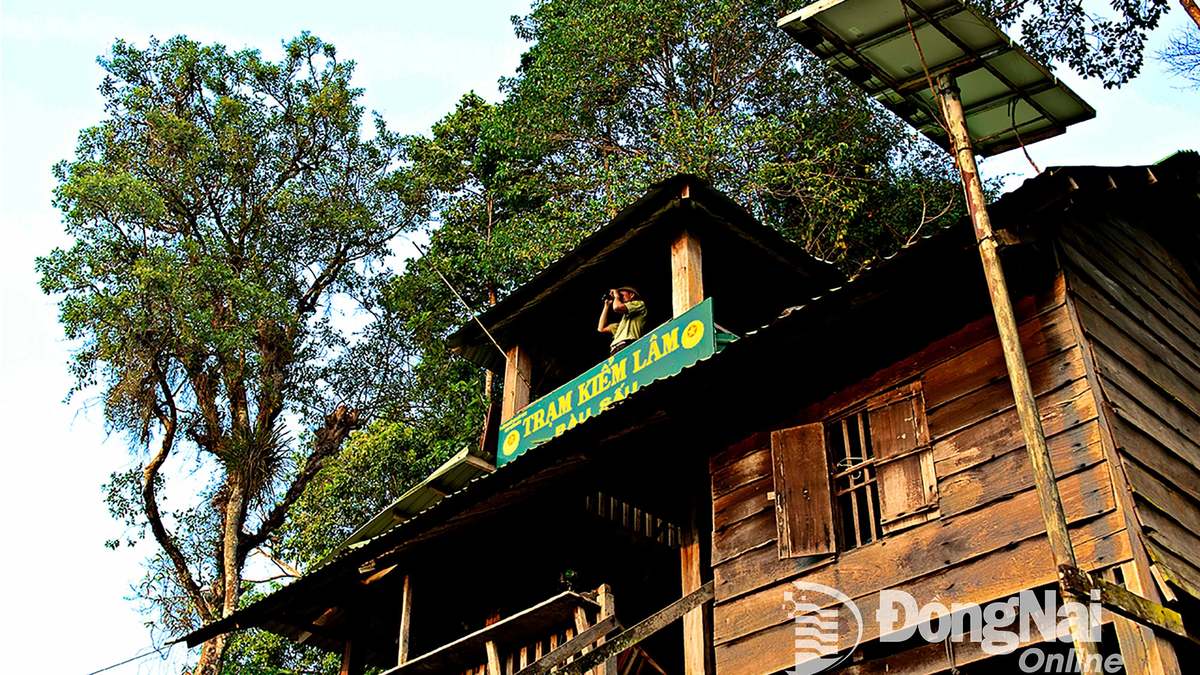
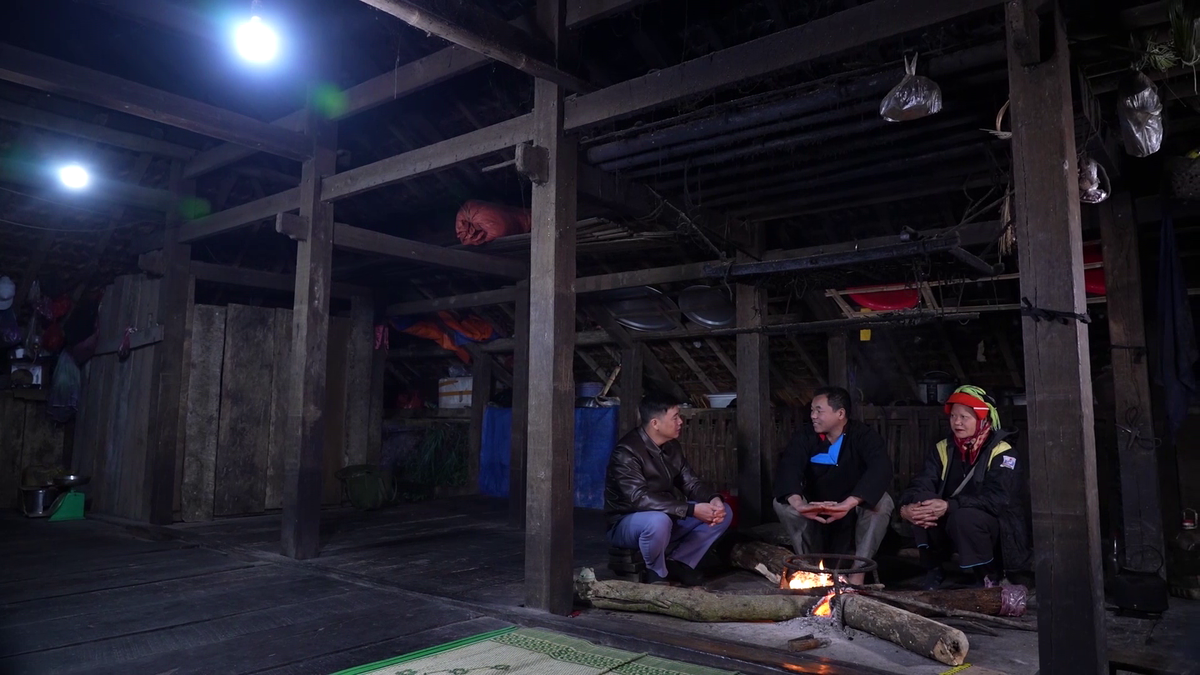
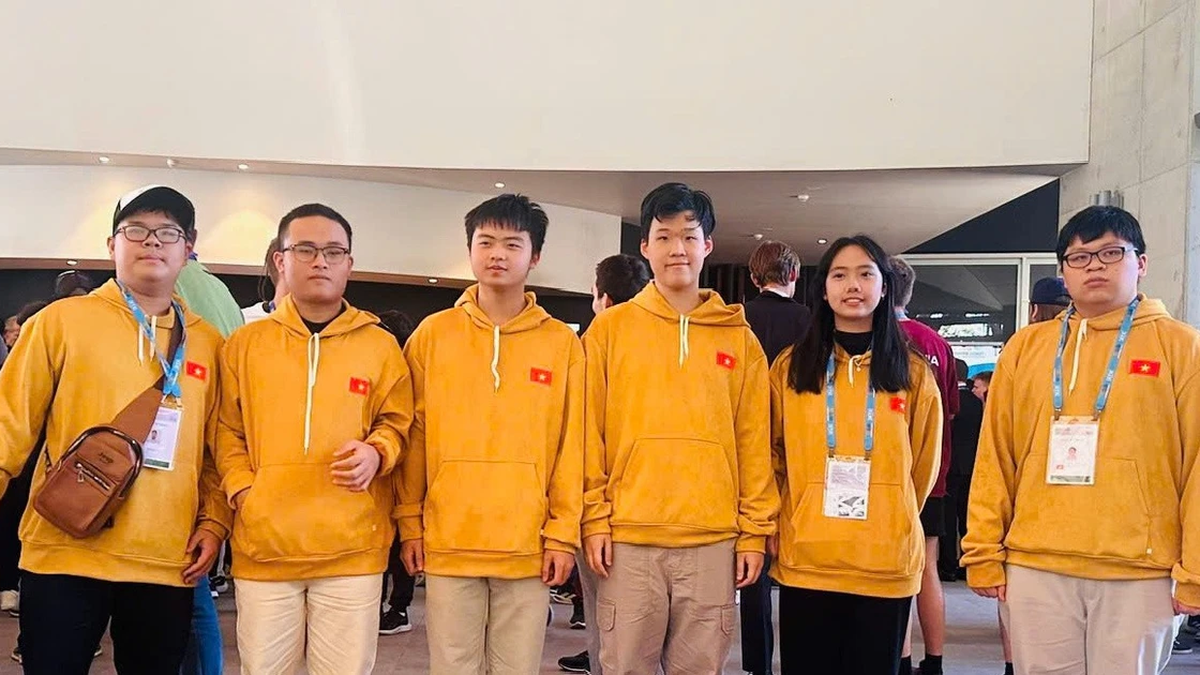
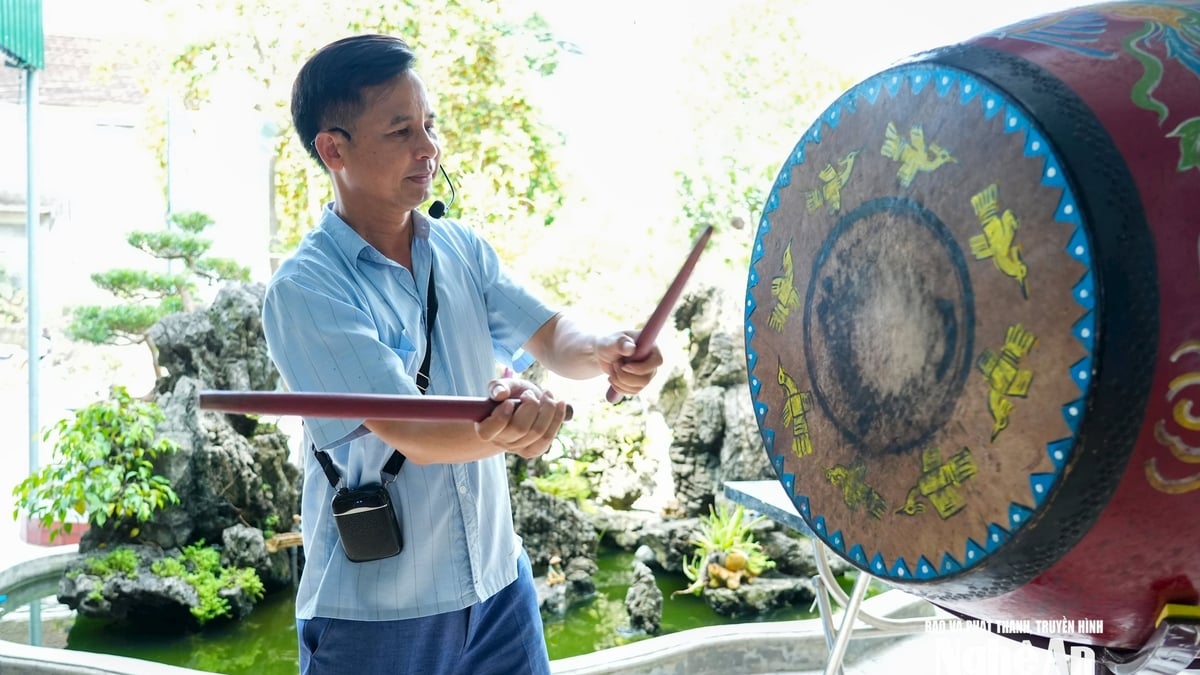



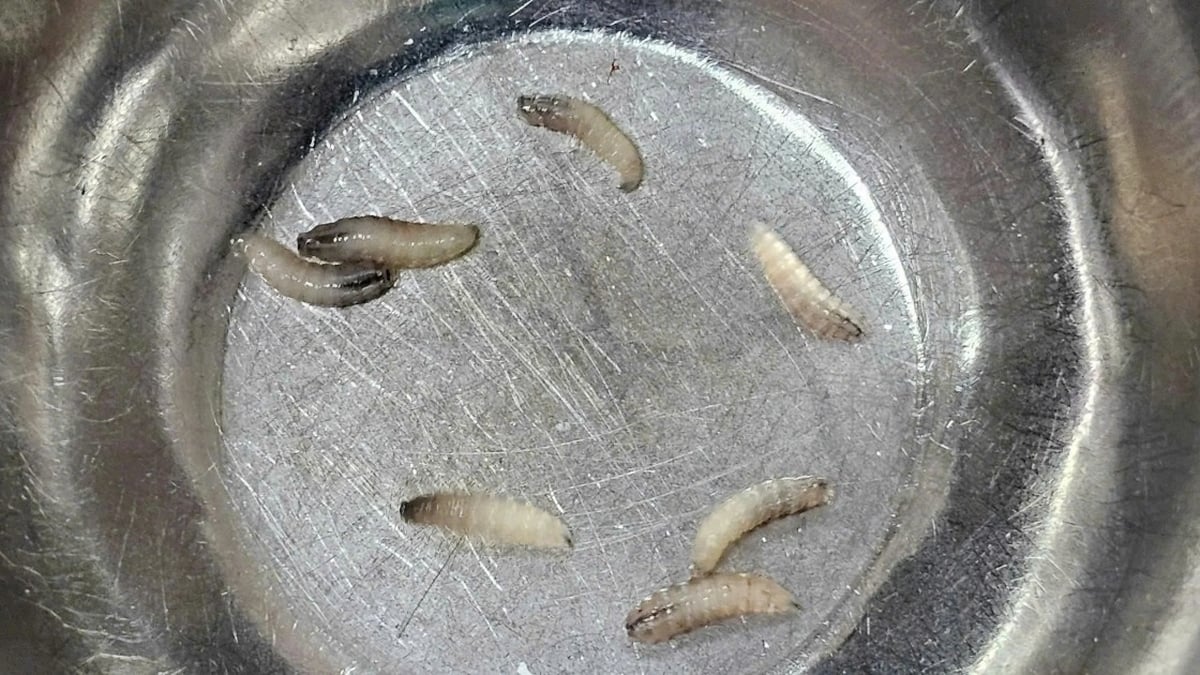

















































































![[Infographic] In 2025, 47 products will achieve national OCOP](https://vphoto.vietnam.vn/thumb/402x226/vietnam/resource/IMAGE/2025/7/16/5d672398b0744db3ab920e05db8e5b7d)





Comment (0)